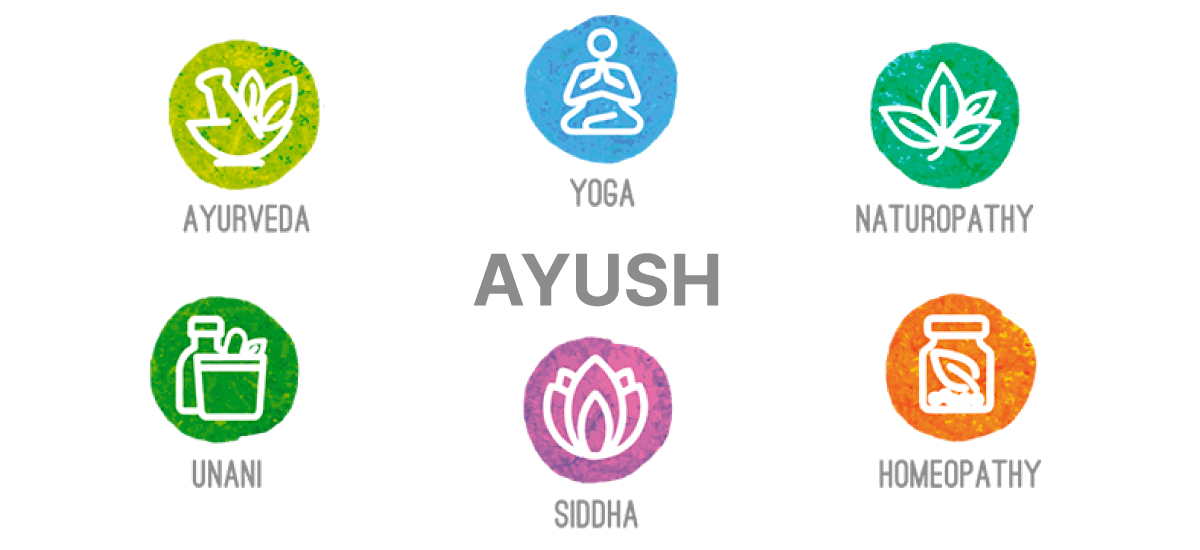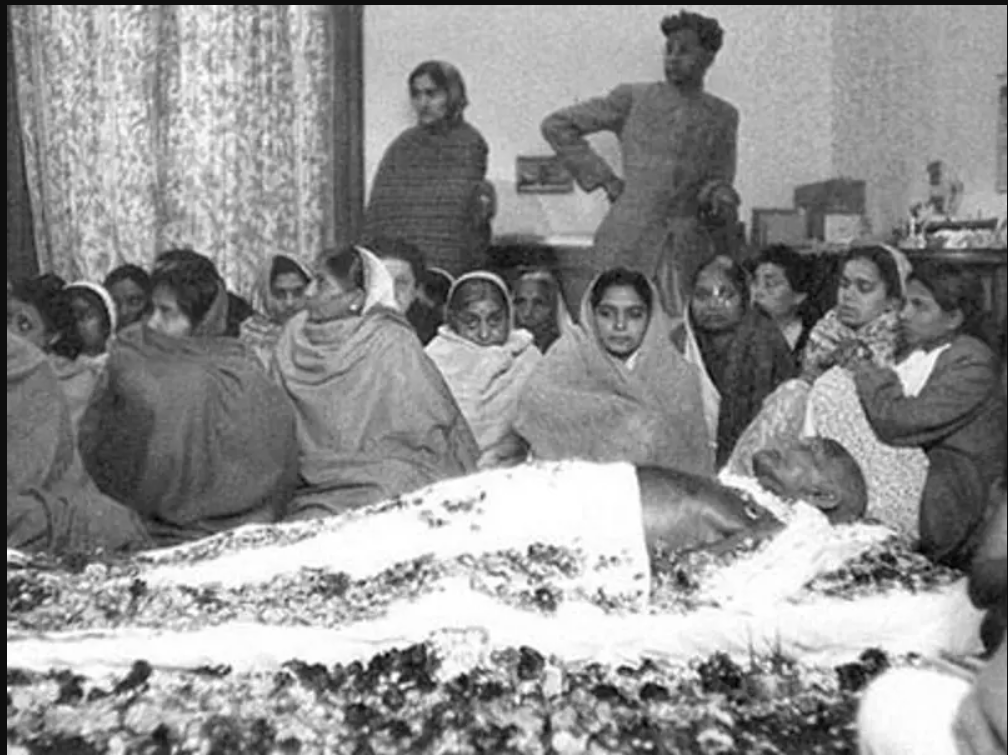Description

Copyright infringement not intended
Context - The National Medical Commission has announced that the MBBS students have to undergo 7-day mandatory internships at AYUSH hospitals.
Details
- The MBBS students have to choose any one branch of AYUSH; Ayurveda, Yoga, Unani, Siddha, Homeopathy, and Sowa Rigpa for their internship.
- The MBBS students have to complete a one-week mandatory internship at AYUSH hospitals/clinics at the community health centre level.
Ayush Medicine System
- AYUSH is the acronym for the medical systems that are being practised in India such as Ayurveda, Yoga and Naturopathy, Unani, Siddha and Homeopathy.
- These systems represent a way of healthy living with established concepts on prevention of diseases and promotion of health.
- There is a revival of interest in AYUSH systems. Yoga has now become the icon of global health and many countries have started combining it into their health care delivery system.
- People around the world have shown great curiosity to understand the principles and practice of Ayurveda, Homeopathy, Siddha and Unani especially due to growing challenges in medicine in Non-Communicable Diseases (NCDs), Lifestyle disorders, long term diseases, multidrug-resistant diseases, the emergence of new diseases etc.
- In 1995, the Department of Indian Medicine and Homeopathy was created under the Union Ministry of Health and Family Welfare.
- In 2003, this Department was renamed as Department of AYUSH, with focused attention on education and research in Ayurveda, Yoga and Naturopathy, Unani, Siddha, and Homoeopathy.
- A separate Ministry of Ayush was formed in 2014 with a vision of reviving the knowledge of our ancient systems of medicine and ensuring the optimal expansion and propagation of the Ayush systems of healthcare.
The National Ayush Mission
- The Mission is a centrally sponsored scheme launched in 2014 by the Department of Ayush, Ministry of Health and Family Welfare (Now under the Ministry of AYUSH).
- The objective of the Mission is to promote the AYUSH systems of medicine through cost-effective services, strengthening its educational systems, quality control of AYUSH drugs and assuring the sustainable availability of AYUSH raw materials.
- It aims at providing cost-effective and equitable AYUSH healthcare all over India by improving access to the services.
- Providing affordable AYUSH services through AYUSH hospitals, dispensaries, and also providing AYUSH facilities in:
- The Primary Health Centres (PHCs)
- Community Health Centres (CHCs)
- District Hospitals (DHs)
- Supporting and reviving the AYUSH systems and promoting them to become an integral part of the healthcare sector.
- Strengthening quality control of AYUSH drugs by developing quality standards and ensuring the availability of AYUSH raw materials.
Steps by the Government
- The government of India is implementing a centrally Sponsored Scheme of the National AYUSH Mission (NAM) for the promotion and development of AYUSH systems.
- The Ministry of AYUSH has launched a scheme for Voluntary Certification of Yoga Professionals which aims at certifying the competence level of Yoga professionals through the certification process and promoting authentic Yoga as a preventive and health-promoting drugless therapy.
- The Ministry has been organizing International Yoga Conference every year since 2015.
- Under AYUSH Gram, AYUSH based lifestyles are promoted through behavioural change, training of village health workers, use of local medicinal herbs and provision of AYUSH health services.
- Financial support is provided through Centrally Sponsored and Central Sector Schemes for various activities in the field of AYUSH including infrastructure development and supply of medicines to the dispensaries and hospitals in the states
- The National Medicinal Plants Board (NMPB), Ministry of Ayush, launched a “Voluntary Certification Scheme for Medicinal Plants Produce (VCSMPP)” to boost the Good Agricultural Practices (GAPs) and Good Field Collection Practices (GFCPs) in medicinal plants.
Way Forward
- Developing and encouraging the AYUSH System of medicine.
- Strengthening of AYUSH educational institutions.
- Enforcement of quality Control.
- Promotion of medicinal plants.
- Integration and mainstreaming of Indian Systems of medicine and Homeopathy into the existing Public healthcare System and National Health Programmes.
- Facilitation and Strengthening of quality Control laboratories for the AYUSH System.
- Financial assistance as Subsidies to farmers to encourage the Cultivation of herbs/medicinal plants.
https://www.hindustantimes.com/cities/lucknow-news/now-mbbs-students-to-undergo-7-day-mandatory-ayush-internship-101650039600563.html














